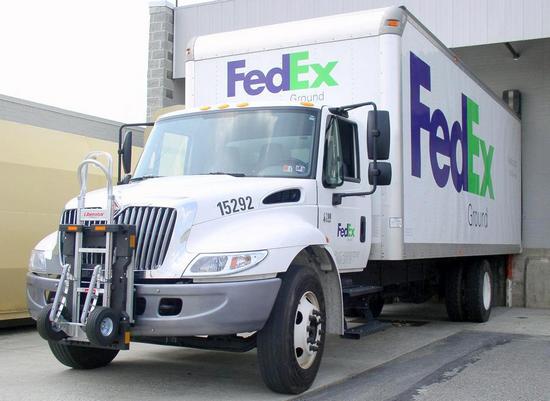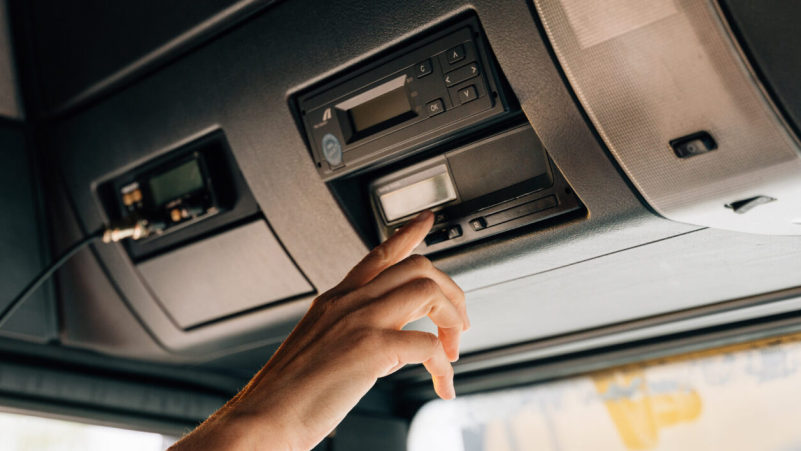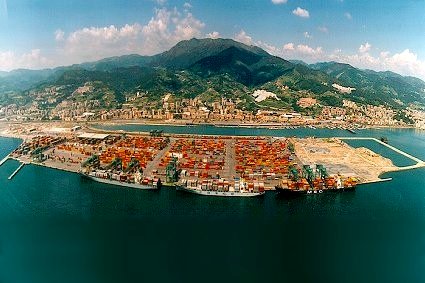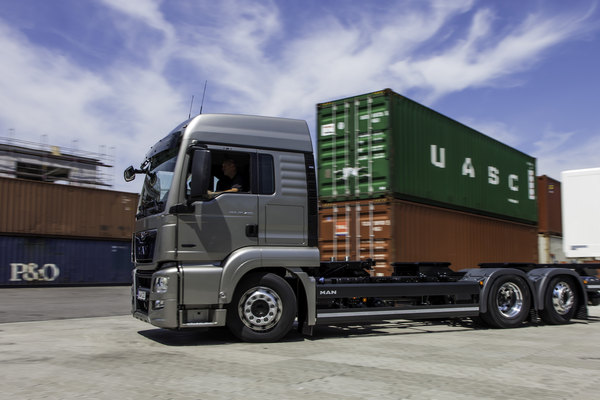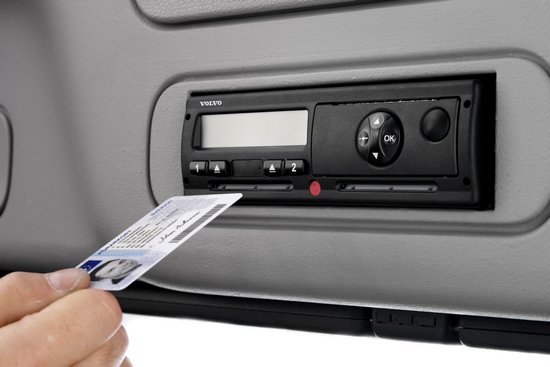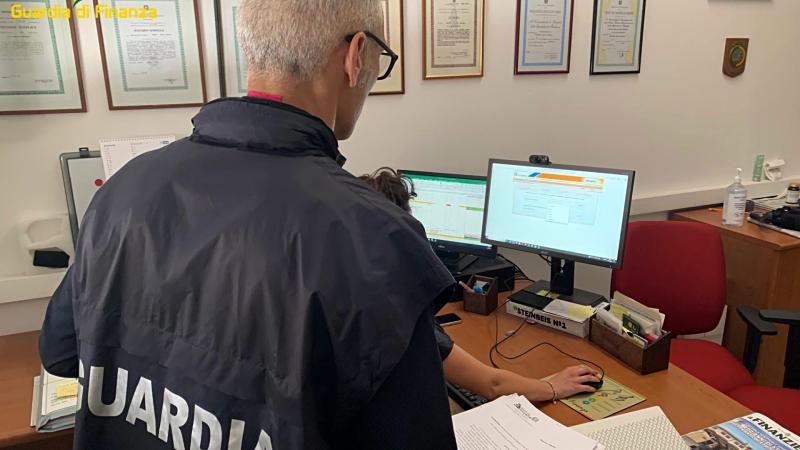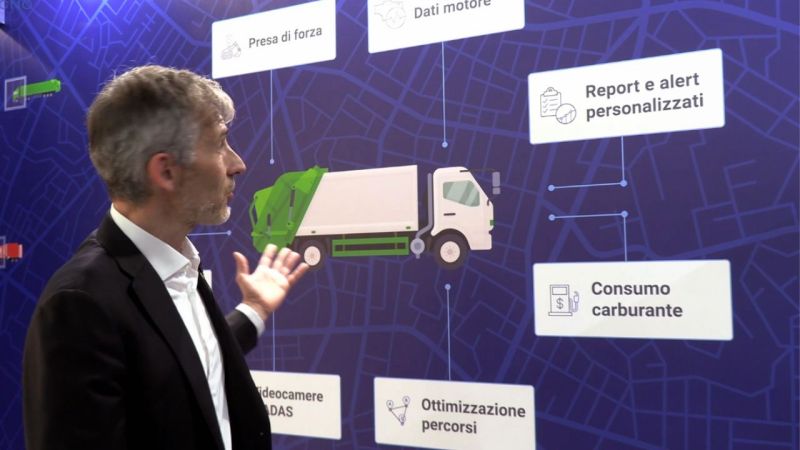The operation, carried out in the Fredericia area by the Tungvognscenter Syd, a division of the South-East Jutland police, led to fines amounting to 960,000 Danish kroner, roughly €134,000. The crackdown followed reports and prior observations highlighting serious violations of driver rest period regulations.
The enforcement action began on the morning of Monday, September 9, 2024, when officers arrived at the site at 5:00 a.m. to check the compliance of parked trucks. Police suspected that several drivers were breaching European rules on regular weekly rest, which mandate that this rest period must not be spent in the vehicle. According to EU regulations, drivers are required to take a minimum of 45 hours of rest in appropriate facilities outside their trucks to ensure road safety and worker welfare.
Following the inspections, it was found that 32 drivers, all foreign nationals, had been taking their weekly rest inside their vehicles. These drivers, most of whom worked for foreign transport companies, were immediately fined: the penalty for this violation is 10,000 Danish kroner (about €1,340) for the driver and 20,000 kroner (around €2,689) for the employer.
Ten trucks had already left the area before the inspections began. Of these, four drivers were later tracked down and fined, while authorities continue to search for the remaining six, who are expected to be fined in the coming days.
The operation also raised concerns about the responsibility of the parking area’s owner, who was accused of indirectly contributing to the violations by providing the space despite being aware of its unlawful use. The company owning the site denied all charges, claiming no intentional involvement in the infractions committed by the drivers and transport companies. Given the company's declared position of innocence, the case is expected to be debated in court.
Danish authorities are among the most active in the European Union in cracking down on irregularities related to drivers' rest periods and cabotage, particularly in the Jutland region, which borders Germany and sees heavy international truck traffic. The authorities have pledged to continue these inspections, driven in part by requests from Danish transport associations and unions.



